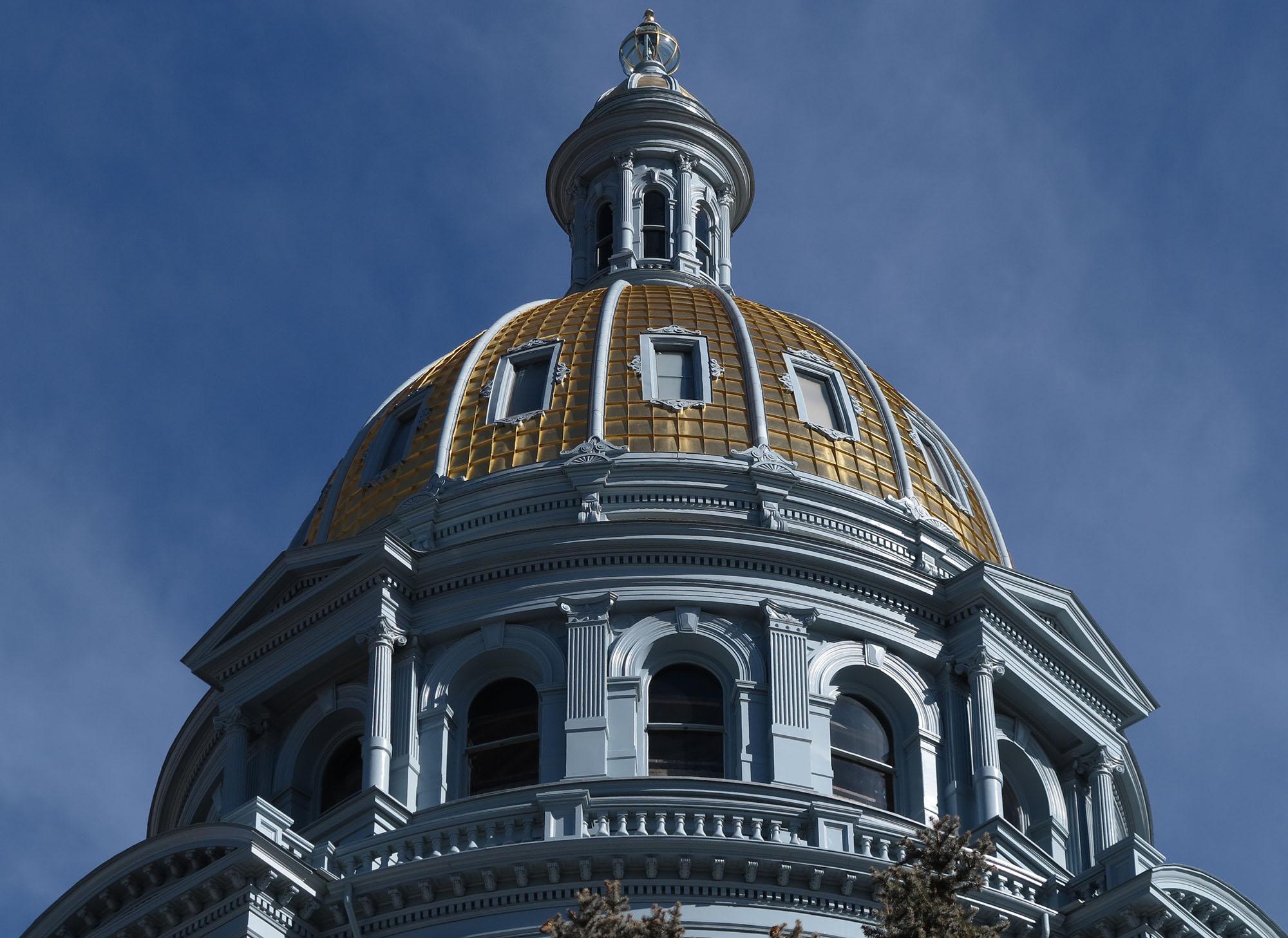
One of the biggest proposals facing state lawmakers before the session ends Wednesday, a controversial plan to shore up the public pension system, ir PERA, went down to defeat Tuesday morning. Here's some background on PERA.
The pension fund is stable, but not in ideal shape
PERA currently only has enough money to cover about 65 percent of its long term obligations. To fix that, public employers have committed to making extra payments until the fund is fully solvent, something that's projected to take 35 more years. The goal with HB1388 was to speed up the process and get to full funding around 5 years earlier, which could save the state around $4.5 billion overall.
The strategy for reaching full funding was to sell a lot of bonds
Selling bonds could have raised a big pot of money, maybe around $10 billion, that PERA would then have been able to invest. The state would have had to pay principal and interest on the bonds, but as long as the investments brought in more money than than the bonds cost, it would have been a net win for PERA.
The risk: The investments wouldn't earn more than the cost of the bonds
The bill said the state could only sell the bonds if the interest on them was at least 2 percentage points lower than PERA's expected rate of return, set at 7.5 percent for its entire investment portfolio. But 7.5 is an educated guess, not a guarantee. And some worry it's an overly optimistic guess.
If the market crashed and PERA's investments brought in less than needed for the bond payments, Colorado would still have been on the hook to pay back these bonds. The bill earmarked money currently going toward PERA's unfunded liability for that purpose and included a big club to make sure future lawmakers didn't try to change that formula: if Colorado delayed payment on the bonds at all, it would have destroyed the state's credit rating. What that means is that if another recession hits, lawmakers would have had to prioritize bond payments ahead of pretty much all other state spending, potentially making cuts to other services even more severe.
Carol Hedges with the Colorado Fiscal Institute objected to the idea of the state taking on risk when PERA is already on the path to eliminate its unfunded liability.
“We’re accruing debt for the state that we don’t really have to accrue,” says Hedges of the bond plan. “Why do we want to … risk a financial downside, if we don’t have to?”
Republican Treasurer Walker Stapleton backed the PERA bonds plan, but also seemed careful not to oversell it.
"It is one of many tools that, if the proper guard rails are in place, can be employed responsibly to address the unfunded liability. But is by no means a transaction that is devoid of risk, either," he told a House committee last week.
The proposal made for some strange political bedfellows
Stapleton has been fighting for years with the group that represents PERA members over whether or not the fund is in trouble. But they were both on board with this idea. The governor's budget chief was also a main proponent. And PERA's executive board voted to support it.
However, the vice chair of PERA's board resigned over the plan. Benjamin Valore-Caplan is an investment advisor, including to some pension funds, and in his resignation letter to the governor, he essentially warned the bonds could end up being a very bad deal for the state.
The tight legislative deadline didn't help
The pension bill started running into trouble shortly after being introduced last week, when the measure's Senate sponsor, Republican Sen. Chris Holbert, withdrew his support, concerned there wasn't enough time to properly consider it.
Holbert says he sent the bill to several financial experts to get their opinions, "and what I got back was clear -- whether the people liked it or didn't like it -- this is very very complex and we're doing it in the last week of the session. And that's probably not good policy making."
On the other side, backers said stakeholders had been working on the proposal for a year, but that it wasn't until late April that every important stakeholder finally got on board.
Supporter of the PERA bonds plan warn that it could quickly become unfeasible if interest rates start to rise. If they don't, the measure is likely to return next year.









